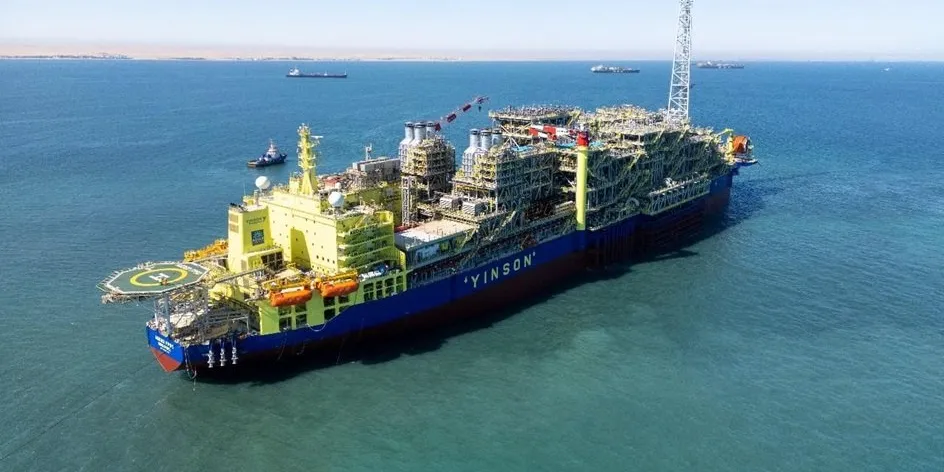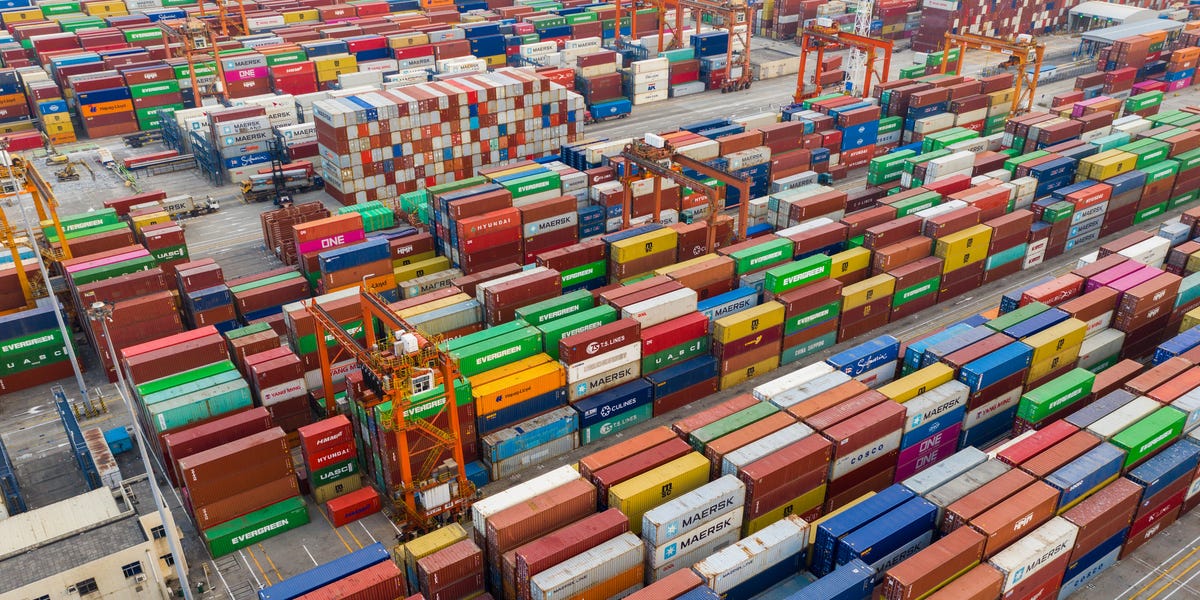FPSOs Go Green: How Tech is Revolutionising Offshore Oil & Gas for a Sustainable Future

Floating Production, Storage and Offloading (FPSO) vessels are the workhorses of deepwater oil and gas exploration, allowing us to tap into resources previously out of reach. But with increasing environmental concerns and a global push for sustainability, the industry is facing pressure to minimise its impact. The good news? Technological advancements are paving the way for greener, smarter, and safer FPSO operations, and Australia is poised to benefit.
The Challenge: Environmental Impact and Operational Efficiency
Traditionally, FPSOs have been energy-intensive and generated significant waste. Emissions, water discharge, and the risk of spills are key concerns. Furthermore, operational inefficiencies can lead to increased costs and downtime. Meeting stringent environmental regulations and maintaining profitability are critical challenges for FPSO operators.
Tech to the Rescue: A New Wave of Innovation
Fortunately, a wave of innovative technologies is transforming FPSO operations. Here's a look at some key developments:
- Energy Efficiency Measures: Advanced power management systems, waste heat recovery, and the integration of renewable energy sources (like solar and wind power) are significantly reducing energy consumption. Digital twins – virtual replicas of the FPSO – allow operators to optimise energy usage in real-time.
- Water Management: Sophisticated water treatment technologies minimise discharge and enable reuse. Zero Liquid Discharge (ZLD) systems are gaining traction, aiming to eliminate wastewater release entirely.
- Emissions Reduction: Carbon capture and storage (CCS) technologies are being explored for FPSOs, alongside the adoption of cleaner fuels and improved combustion processes. Methane leak detection and repair (LDAR) programs are also crucial.
- Digitalisation and Automation: The Industrial Internet of Things (IIoT), artificial intelligence (AI), and machine learning (ML) are revolutionising FPSO management. Predictive maintenance, automated processes, and remote monitoring enhance efficiency, reduce downtime, and improve safety. AI-powered systems can analyse vast datasets to identify potential problems before they occur.
- Safety Enhancements: Advanced sensor technologies, drone inspections, and improved safety protocols are minimising risks and protecting personnel. Virtual reality (VR) training programs are also enhancing safety awareness and preparedness.
Australia's Opportunity: A Leader in Sustainable FPSO Operations
Australia’s significant offshore oil and gas resources and its commitment to environmental stewardship position it as a leader in adopting these cutting-edge technologies. The country's expertise in marine engineering, digital innovation, and renewable energy can be leveraged to develop and implement sustainable FPSO solutions. Furthermore, stricter environmental regulations are driving demand for cleaner FPSO operations.
Looking Ahead: A Future of Sustainable Offshore Energy
The evolution of FPSO technology is not just about compliance; it's about creating a more sustainable and profitable future for the offshore oil and gas industry. As technology continues to advance, we can expect to see even more innovative solutions that minimise environmental impact, enhance operational efficiency, and ensure the long-term viability of this vital energy source. The focus will be on integrating circular economy principles, reducing waste, and maximising resource utilisation. Investing in research and development, fostering collaboration between industry and academia, and supporting the adoption of these technologies will be crucial for Australia to remain at the forefront of this exciting transformation.






